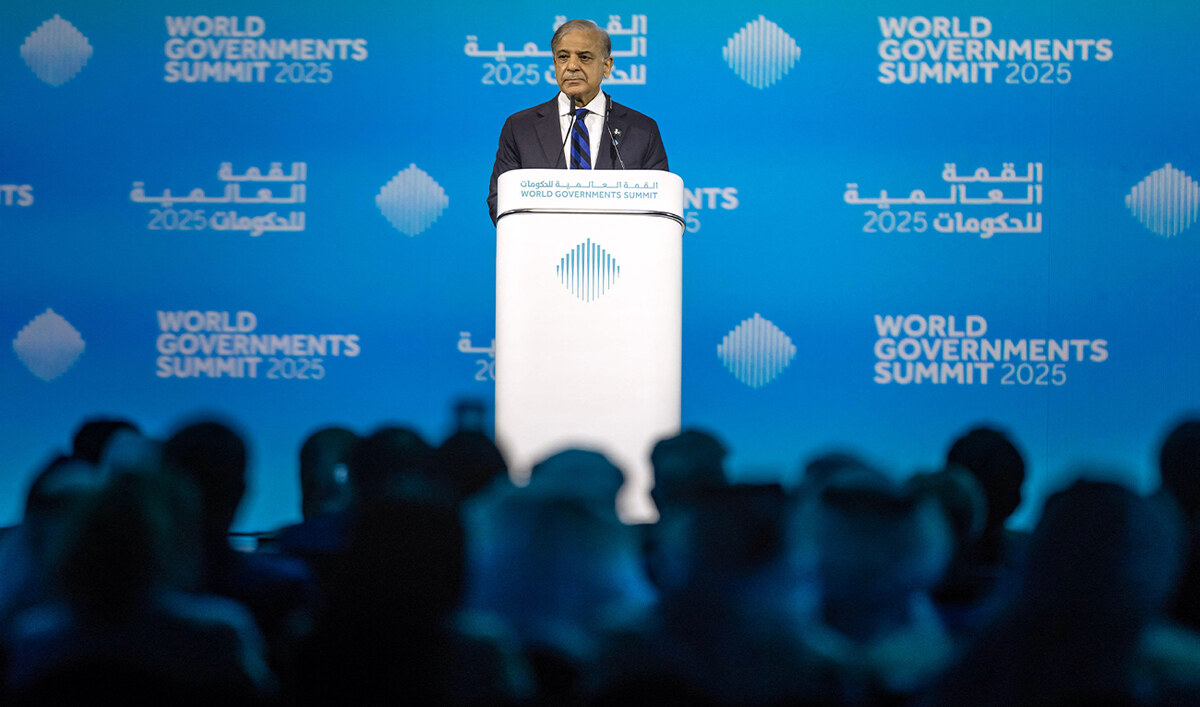ISLAMABAD: The Senate Standing Committee on Information Technology this week criticized a recent statement by Pakistan’s top body of clerics against the use of virtual private networks (VPNs) as “unreasonable,” stressing that recent Internet disruptions had impacted the livelihoods of over 2.5 million freelancers in the country.
The Ministry of Interior, in a letter to the Pakistan Telecommunications Authority (PTA) on Friday, directed the nationwide blocking of illegal VPNs, citing their use by militants for financial transactions and violence. The ministry also noted that VPNs were being used by Pakistanis to access pornographic websites and blasphemous content.
The Council of Islamic Ideology (CII), a constitutional advisory body that reviews laws to ensure they align with Islamic principles, also declared the usage of VPNs as “un-Islamic” in a statement after the development. CII Chairman Raghib Hussain Naeem said the state had the authority to prevent wrongdoing or actions that facilitate it, which included the blocking of VPNs. He said the use of VPNs with the intention to access illegal content or blocked websites is considered impermissible from an Islamic perspective.
A meeting of the Senate Standing Committee on Information Technology on the recent Internet disruptions in Pakistan, chaired by Senator Palwasha Mohammad Zai Khan on Monday, criticized the CII’s statement against the use of VPNs.
“The Committee called the Islamic Ideological Council’s comments on the blockage of VPNs as unreasonable,” a press release shared by the Senate Secretariat Media Directorate said. It added that the committee humorously suggested the CII should also ban television as it displays “harmful content.”
“The Committee opined that nothing would be achieved by blocking the tools, and instead, the government should focus on regulating them,” it said. “The Committee sought the basis for the Islamic Ideological Council’s judgment.”
Meanwhile, Senator Afnan Ullah questioned the legality of the interior ministry’s letter, saying that VPNs do not fall under the umbrella of social media apps. “The Committee directed the PTA to seek the legal opinion of the Attorney General of Pakistan on whether or not VPNs fall under the ambit of social media apps,” the statement said.
Digital rights activists and bodies have criticized Pakistan’s recent Internet restrictions, notably after the February general elections, where allegations of electoral manipulation led to the blocking of social media platform X.
Media reports also suggested the government was setting up a national firewall, which had led to the slowdown of Internet speed across Pakistan, saying the decision was taken to curb “anti-state narratives” by political activists.
Discussing the reasons for the Internet disruptions, Khan criticized the IT minister for not attending the meeting.
“She stated that there are around 2.5 million freelancers in the country, and the recent Internet disruption was causing hindrances for them in earning their livelihood,” the press release said. “Despite inviting the minister for IT, she didn’t bother to attend the meeting for the third consecutive time.”
It said the committee decided to highlight the IT minister’s inability to defend his ministry’s decisions in a letter to Prime Minister Shehbaz Sharif.
Among users of VPNs in Pakistan are supporters of the country’s imprisoned former prime minister Imran Khan, who have called for a march on Islamabad on Nov. 24 to pressure the government for his release.
Pakistani senate committee says ‘unreasonable’ of clerics body to call VPN usage ‘un-Islamic’
https://arab.news/273at
Pakistani senate committee says ‘unreasonable’ of clerics body to call VPN usage ‘un-Islamic’

- Council of Islamic Ideology’s chairman last week said use of VPNs to access illegal content is impermissible
- Senate Standing Committee on IT questions the legality of interior ministry’s letter banning use of VPNs





















